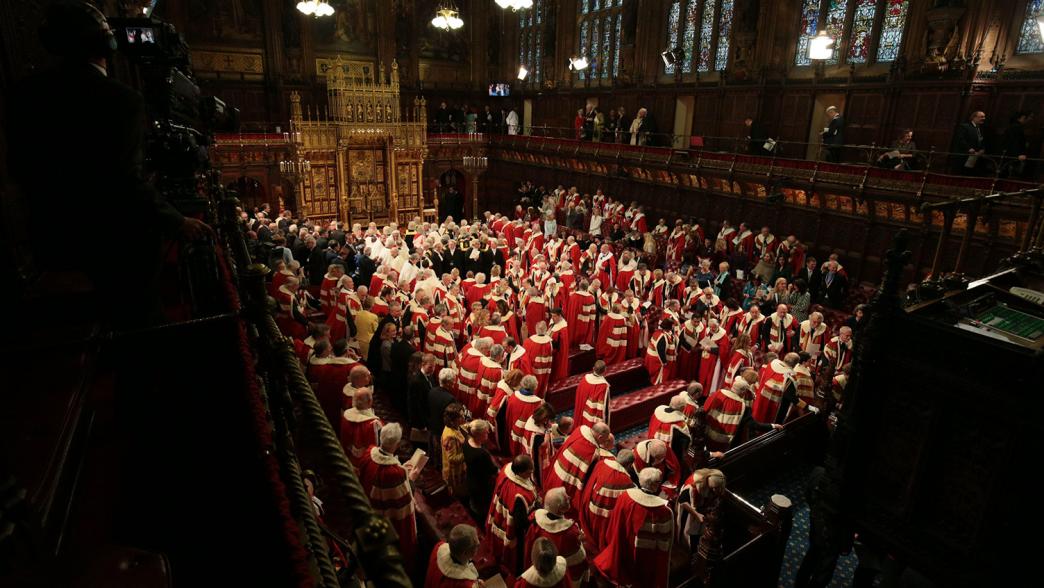Supporting Lords ministers
The support a Lords minister needs from their private office team is very similar to what’s needed by ministers in the Commons.

IfG Academy
The IfG Academy brings together our expertise on government to provide practical training and support. We help those working in government to improve it, and those outside government to understand and engage with it.
Find out more